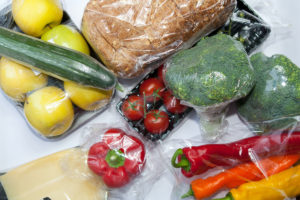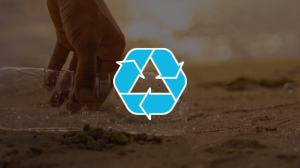To Cut Plastic Waste Out of Your Life, Start Small
The founder of Plastic Free July, Rebecca Prince-Ruiz, inadvertently started a global movement in 2011 to reduce plastic consumption.
After a trip to a recycling facility made her realize how many everyday items are single-use, she began reducing plastic in her life. She suggests picking one or two items to tackle at a time to avoid being overwhelmed in the process.
Story preview:
Companies, not individuals, are the biggest plastic offenders. Specifically, 20 companies, which produce more than half of all single-use plastics, according to a 2021 analysis by the Australian nonprofit Minderoo Foundation. Oil giant Exxon Mobil Corp. is the world’s top plastic polluter. But that hasn’t stopped millions of individuals like Armstrong from trying to cut their own plastic footprint — even if only for a month.
How to use less plastic
“I never set out to start a global movement,” says Rebecca Prince-Ruiz, who founded Plastic Free July in her native Australia. “It started the last week of June in 2011, when I visited a recycling facility for the first time … I was really overwhelmed just seeing what we throw away as a society.”
The next day at work, Prince-Ruiz told her colleagues she was going to spend a month trying to cut out single-use plastic, and asked if anyone wanted to join. The beginning of July just happened to be coming up, she says. Fast forward 11 years, and several million people across 190 countries have taken part in the campaign, according to research it commissioned.
To reduce your own plastic use — in July or any month — the best place to start is “just looking at what the plastics are in your life,” Prince-Ruiz says. “Have a look in your trash, have a look in your fridge, your pantry, your bin at the workplace. Just choose one or two items to try and tackle, because if you try to do everything — and believe me I’ve tried — it can be really overwhelming.”
Preview text: Zahra Hirji, Bloomberg Green, August 2nd, 2022



